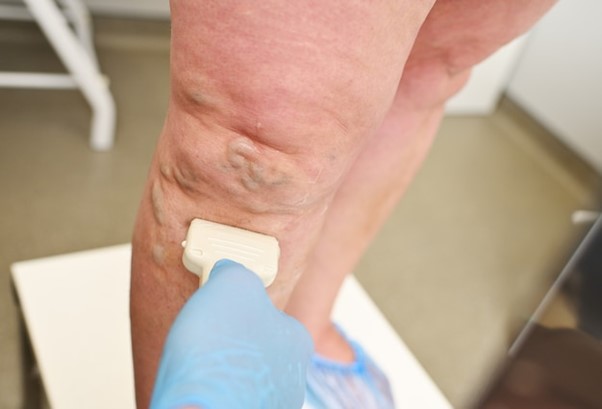Lymphedema

Lymphedema is a chronic condition characterized by the accumulation of lymphatic fluid, leading to swelling, typically in the arms or legs. It can significantly impact a person’s quality of life, requiring ongoing management and care.
Causes of Lymphedema are generally classified into primary and secondary categories:
- Primary Lymphedema is caused by congenital or genetic factors that affect the development of the lymphatic system. It can manifest at any age, often without a clear trigger.
- Secondary Lymphedema is more common and results from damage or obstruction to the lymphatic system. Common causes include surgeries involving lymph node removal, radiation therapy, infections, cancer, and trauma.
Symptoms of Lymphedema include persistent swelling in the affected limb(s), a feeling of heaviness or tightness, restricted range of motion, recurring infections, and skin changes such as thickening or hardening. The severity can range from mild swelling with little functional impairment to severe disfigurement and disability.
Management and Treatment of lymphedema focus on reducing swelling and preventing complications. Key approaches include:
- Compression Therapy: Using compression garments or bandages to help move lymph fluid and prevent fluid buildup.
- Manual Lymphatic Drainage (MLD): A specialized massage technique that stimulates lymph flow.
- Exercise: Gentle exercises to promote lymph fluid movement and improve overall limb function.
- Skincare: Meticulous skincare to prevent infections, as the skin is more susceptible to damage and infection in lymphedema patients.
- Surgery: In severe cases, surgical options such as lymph node transfer or liposuction may be considered to reduce swelling and improve limb appearance.
Long-term Management includes regular monitoring, adherence to compression garment use, and lifestyle adjustments to minimize the risk of exacerbating the condition. Psychological support may also be beneficial, as living with a chronic condition like lymphedema can be emotionally challenging.
Lymphedema requires a comprehensive, multidisciplinary approach to manage symptoms effectively and enhance the quality of life for those affected.

